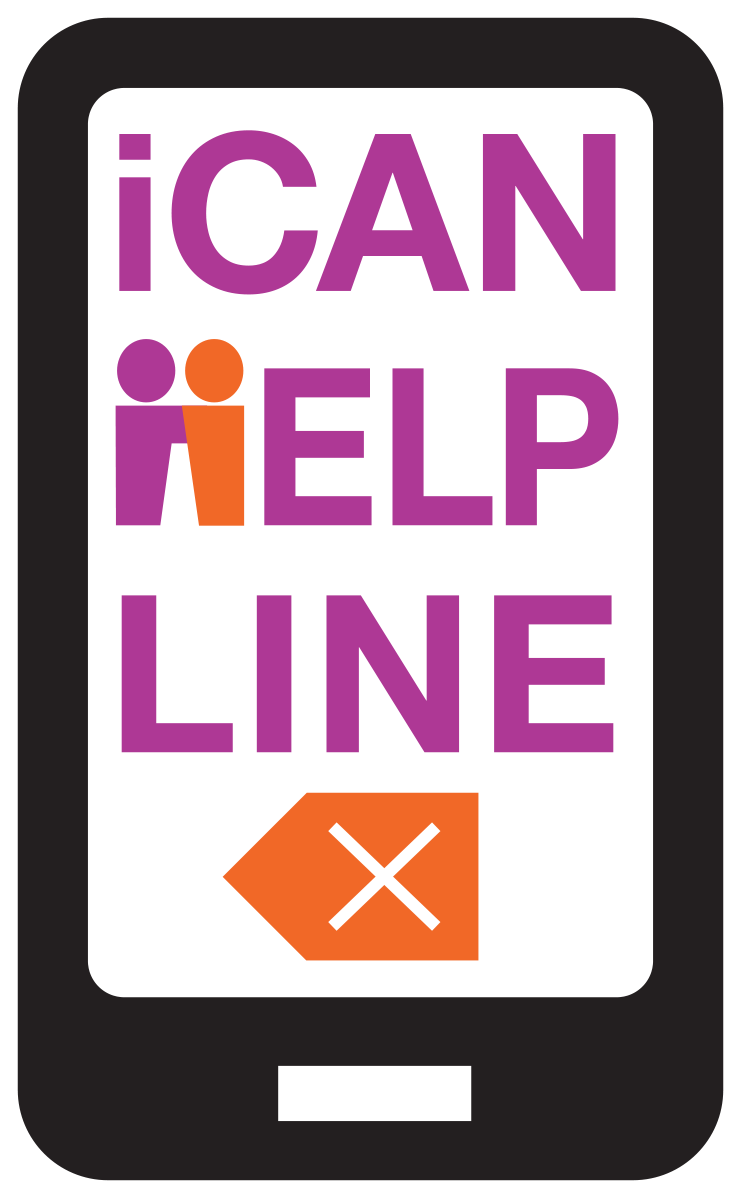 May 19, 2015 Once upon a time, call-in centers were helpful first responders to direct levels of care, staffed with human specialists not robots, touch tone prompts, and layered redirected voicemails entangled like spaghetti.
May 19, 2015 Once upon a time, call-in centers were helpful first responders to direct levels of care, staffed with human specialists not robots, touch tone prompts, and layered redirected voicemails entangled like spaghetti.
In a throwback to an era of personal, customized approaches to dilemmas, the newly proposed social media hotline for schools, called I Can Helpline.org, is taking us back to the good old days of human, personal contact with all answers given by highly qualified, seasoned internet safety veterans ready to help schools deal with social media issues in real time triage, and adding a new media twist…tech sophistication of VoIP cloud-based phone systems and voice to text recording of all conversation threads for accurate responses.
I Can Helpline.org also plans to capsulize and anonymize some of the key case studies to continue contributing to best practices, which adds to their helpful searchable knowledge base of resources and research. For schools? This is an amazing opportunity to have direct access to vetted expertise and problem solving without costly teacher training/troubleshooting of social media problems that can surface at school, taking educators off task.
411 to 911 helpline for social media issues in school
So who’s behind the call desk at ICanHelpline.org? Two trusted, balanced, youth-centric nonprofit orgs, grounded in risk prevention research and resolutions: #iCANHELP and NetFamilyNews.org bringing together decades of cumulative experience with hands-on interactions with students in schools.
Anne Collier, Founder of Net Family News and the ICanHelpline aptly described the helpline as “part 411 and part 911, for social media problems that come up at school.”
I love that analogy. I’ll take Anne Collier’s school triage one step further in student health and wellness…I Can Helpline.org functions kind of like a hospital advisory specialist that takes calls, listens to individual cases and symptoms, counsels and informs, then directs and sometimes re-routes the caller toward the most proper, efficient care.
 Yay! Sound the trumpets! This sounds like the cavalry is coming to curb the knee-jerk “all or nothing” reactions of institutional policy and social media practices that often make no sense, criminalizing student behavior as the default and victimizing more than helping students.
Yay! Sound the trumpets! This sounds like the cavalry is coming to curb the knee-jerk “all or nothing” reactions of institutional policy and social media practices that often make no sense, criminalizing student behavior as the default and victimizing more than helping students.
Educators, listen up. This is a team you want to champion.
Beyond being a valuable tool staffed by experts who can add context, determine nuance, and provide customized feedback to maximize wellness for students, helplines create healthier outcomes for all…Administrators included. The proposed helpline gives educators an easy, quick way to triage social media issues at school, to put forth proper responses on the front lines from the get go.
To be frank, schools (and adults in general) often foul up the social media works with well-meaning but heavy handed ‘zero tolerance’ mandates and law enforcement edicts responding to nuanced behavioral situations when guidance, education, and pragmatic hands-on help could prevent digital situations escalating out of control.
Conversely, taking a “this is not my table” avoidance response to social media is ineffective and dicey when teachers are serving kids, especially given the dearth of counselors and over-burdened budgets.
Instead of a ‘what do you expect ME to do about it?’ lens…imagine a student met with “let’s get this sorted out, stat” and an adult ready and able to help.
Media has a key role in preventing suicide contagion, body shaming, online harassment/“revenge porn” and bullying, yet all too often we hear inflammatory verbiage that creates misinformation and can do damage in a nanosecond.
ICanHelpline offers a pragmatic, productive (proposed) pilot in California next year to be a centralized hub and spoke ecosystem of risk prevention experts and organizations highly skilled in their own specialized areas of expertise (like The Trevor Lifeline, Crisis Textline, Love is Respect) which helps place ALL parties on the same page for best practices in social media communication.
Modeled after UK’s Safer Internet Helpline
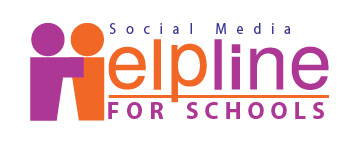 Why hasn’t this already happened in the US, since helplines serving schools have successfully deployed in the UK?
Why hasn’t this already happened in the US, since helplines serving schools have successfully deployed in the UK?
I could get cynical and cite the USA proclivity for profit over public health, building technologies, apps, and innovative products in “mop up the mess vs prevent the problem” mode, but with huge progress in ‘privacy by design’ implementation and shoring up social media safety nets (from user settings to digital and media literacy) I’d rather focus on the potential of positive practices making a difference in kids’ lives.
Personally, I like that this is NOT just a “me too” replication of existing helplines or yet another “anti-bullying” program parroting current practices that already exist, nor are these two nonprofits hawking industry lip service on safety and settings with student centered best practices and resources.
By astutely NOT “reinventing the wheel” of the UK’s successful Safer Internet Helpline but instead using it as a model to pilot a simple, transformational helpline for the US market (albeit with some innovative tweaks and unique attributes like the founder of school reporting tool Sprigeo serving on their Board of Directors) I think this type of startup will gain fast traction once it comes out of the gate as public health and safety partners snap open their eyes to the value and help to make the model sustainable and scalable.
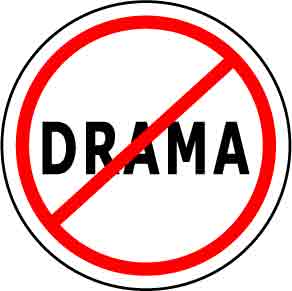 I also like that schools could use the resources at ICanHelpline.org preventively to quell drama and triage what’s ‘real vs perceived’ in the mediated reality show of life, since those of us in media literacy know that when social media problems DO hit headline news, it often triggers a reaction of mayhem exacerbated by media escalation that makes schools themselves seem like a cesspool of cyberbullying, bomb threats, revenge porn, sexting tales and imposter profiles, leaving educators and the public at large the complicated task of sifting out what constitutes a real emergency vs a fire drill!
I also like that schools could use the resources at ICanHelpline.org preventively to quell drama and triage what’s ‘real vs perceived’ in the mediated reality show of life, since those of us in media literacy know that when social media problems DO hit headline news, it often triggers a reaction of mayhem exacerbated by media escalation that makes schools themselves seem like a cesspool of cyberbullying, bomb threats, revenge porn, sexting tales and imposter profiles, leaving educators and the public at large the complicated task of sifting out what constitutes a real emergency vs a fire drill!
By offering a human helpline contact they add personal accountability for action and follow up where needed, and help educators cut to the chase and get solutions on board fast which curbs acceleration of incidents ‘going viral’ and gives teachers the tools to be proactive. Seriously, how often do we hear about GOOD news in the media and PROGRESS in student empathy and social emotional learning? It’s out there, we just don’t hear about it enough.
The latest “good news” for example? There’s been a considerable amount of ‘deleting negativity’ on social media…
Digital citizenship resources and social emotional learning programs are getting useful traction with students “upstanding” and healthier school climates being created and validated.
CNN’s Kelly Wallace reports that after 40 years of research, “bullying in schools may finally be on the decline” and the U.S. Department of Education has crowed about the “first significant decrease” in bullying since data began being collected by the federal government a decade ago in 2005!
Do you HEAR about social emotional learning curbing misguided malice? Not so much.
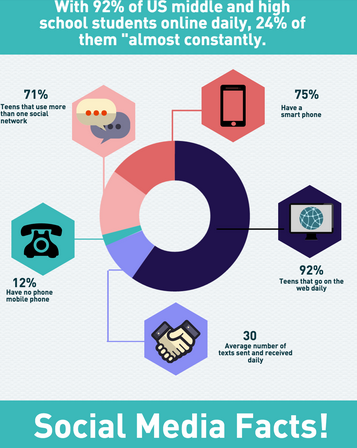 Why do I trust these two nonprofits piloting this project?
Why do I trust these two nonprofits piloting this project?
In short, they bring ‘insider’ knowledge to an external need, having served on global panels of experts far beyond the dais, in roll-up-the-sleeves firsthand contexts to understand what works and what doesn’t in student culture K-12 and beyond.
As one who uses specializes in “applied science” myself at Shaping Youth by tapping the same persuasive tools and techniques of branding to flip media and marketing messages in a healthier direction, these two nonprofits leverage peer mentoring, student-driven solutions and personal leadership to put forth a calm, reasoned approach to social media snags rather than a sky is falling reactionary tsunami.
I’ve personally watched Anne Collier champion change over the last decade in the internet safety space with balanced, measured efficiency and cool-headed insight.
It takes having the chops (and tech relationships) to not just share safety skills but deploy them into workable ‘fixes’ gleaned from years of dedication working with policy and practitioners, researchers, and often social media behemoths themselves. These two nonprofits have experience with ‘all of the above’ and a hefty dose of “let’s do this” to make it happen, interfacing with global social media networks and tech titans in the internet safety arena worldwide.
Getting students from grief to relief fast
There are so many ways it makes sense for a qualified hub and helpline as a “first responder” so educators can do their jobs without being blindsided or fear they’ll ‘say the wrong thing’ or get themselves in the hot seat with litigation or information sharing.
Educators have enough on their plate without being experts in social media best practices. To me, this is a win-win that enhances social emotional learning and a supportive school climate of “upstanders” while helping kids mindshare recalibrate with perspective and get the focus back on school.
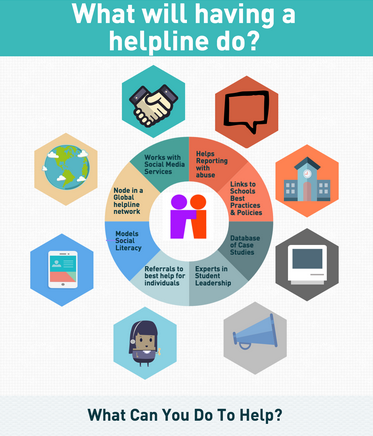 Consider a centralized ‘go to’ spot for:
Consider a centralized ‘go to’ spot for:
…A shortcut to the process of take downs, reporting abuse, and follow through before it escalates into digital damage…
…Ability to access case studies, suggestions, scripts without formalized interventions…
…Counsel against retaliatory reputation issues finessed with peer insights on student shame/blame…
…Helpful solutions to problems that haven’t happened yet; using media literate responses to sensationalized headline hypefests before they ever even land on campus…
…Vetting social media ‘trends’ which may only exist in a small scale until cracked open wide with hand-wringing and fear-mongering for ratings bait.
From the educators I’ve spoken with to float this piloted trial already, most seem to think it’s a common sense approach to get help to schools and in schools without taking away from schools (or piling on teachers’ over-burdened to do list).
Piloting takes more than skills and getting onboard…
As a pilot program, this helpline needs passengers who are not only ‘onboard’ but are able to help pay their way and fuel the program to expand the carrier…
Here’s the #ICanHelpline crowdfunding IndieGoGo campaign to reserve your seat. As your friendly social media neighborhood safety adviser I hope you’ll help us HELP THEM take off.









Thanks for sharing valuable information.
A social media helpline can’t resolve the relational issues but it can help get the visible evidence of it deleted so that school staff, students and parents seeking relief from the drama or harm can help restore calm and safety so the relational issues can be resolved.
Great post! Thanks for sharing and keep posting more.